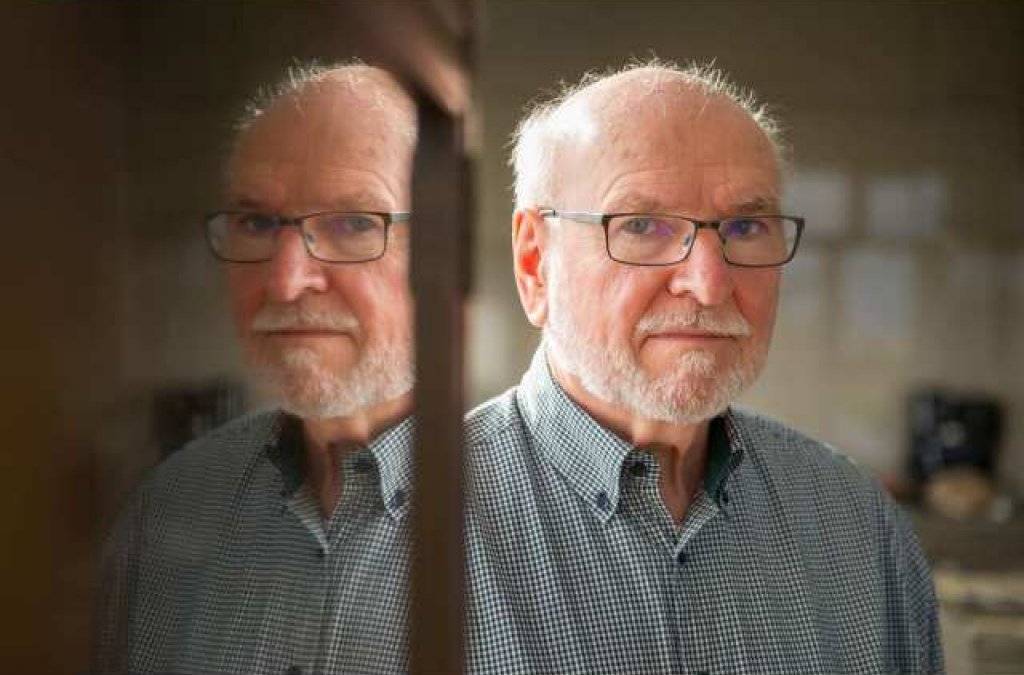
TRANSLATION IS A DUEL
Interview with Peter Petro
The Association of the Slovak Writers' Organisations awards the P. O. Hviezdoslav Prize each year to a translator of Slovak literature into a foreign language. In December last year, this prize was awarded to the literary scholar, PETER PETRO, who lives in Canada. He was awarded the prize for his translations into English.
Peter Petro studied at Comenius University in Bratislava before moving to Canada and continuing his studies at the University of British Columbia and the University of Alberta in Edmonton (Ph.D in Comparative Literature). He teaches Russian and Slavic literature at the University of British Columbia and holds the Chair of Modern European Studies.
EVA MELICHÁRKOVÁ: How did Pistanek's trilogy find its way to Great Britain?
PETER PETRO: In 2006, I decided to translate Pišťanek's Rivers of Babylon 1, and when I had done a third of the novel, I started looking for a publisher. While I was looking, I was contacted by Prof. Donald Rayfield, a publisher of Garnett Press in London, who was actually wondering if anyone had translated the work. Something like that happens only once in a lifetime. It's an incredible coincidence, isn't it?
EVA MELICHÁRKOVÁ: Tell us about the beginnings of your association with the Literary Centre
PETER PETRO: I started to work for the Literary Centre a long time ago, by translating short excerpts from the works of Slovak authors, their brief biographies, and also reviewed some of the new Slovak works in English.
EVA MELICHÁRKOVÁ: How do you choose your translations if they don't come to you themselves?
PETER PETRO: I choose a few, but have managed to publish only one. A few others I have published came to me from the publishers. Still, I have done very little in comparison with what the Slovak translators have done and I have a great deal of respect for their work. On the other hand, they only translate when they have a contract in their hand. I have to gamble, with the result that I sometimes work for nothing. I wonder how long I’ll keep on doing this.
EVA MELICHÁRKOVÁ: Do you follow what is being published in Slovakia?
PETER PETRO: Sporadically. Sometimes I read the reviews but, to tell the truth, I depend on the advice of my friends and acquaintances.
EVA MELICHÁRKOVÁ: Do you have favourites among the contemporary works? Do you answer questions like this?
PETER PETRO: I would rather not name any names; the people I like are very well aware of it.
EVA MELICHÁRKOVÁ: Your translation method?
PETER PETRO: I don‘t think I have one... I don‘t know much about the theory of translation.
EVA MELICHÁRKOVÁ: Your beloved text...
PETER PETRO: I don‘t fall in love with a text. Translation is hard. It is a duel in which I know I am bound to lose. Nevertheless, I do whatever I can to lose with dignity.
EVA MELICHÁRKOVÁ: What seems to be the biggest problem in translation?
PETER PETRO: Sometimes it is a little detail that turns into a catastrophe when I feel that the atmosphere, or the meaning of something that is said, or some action, would never have the same meaning it has in the original. Then you work like a slave and when you finally do come up with some compromise (never the real thing), it is still not what you need...
EVA MELICHÁRKOVÁ: What do you like to avoid?
PETER PETRO: Poetry.
EVA MELICHÁRKOVÁ: Since this issue is devoted to humour in Slovak literature, do you find humour in it?
PETER PETRO: Of course, mainly in the contemporary literature. I love the work of Peter Gregor, Lasica, Janovic. I laugh at Pišťanek‘s style of humour, and there is humour in the excerpt from Oto Čenko.
EVA MELICHÁRKOVÁ: Besides translating, you lecture at the university. What do your students think of Slovak humour, or what do they think of Slovak literature?
PETER PETRO: Actually, it’s the other way round: beside lecturing, I sometimes translate. The students don’t know Slovak literature and they don‘t find Rivers of Babylon funny. This might be the result of cultural differences, but that would be a long debate.
EVA MELICHÁRKOVÁ: You teach Slavic literature, not Slovak literature. Do you have any students interested specifically in Slovak literature? Would they like to translate from it?
PETER PETRO: No I don‘t, since they don‘t read Slovak.
EVA MELICHÁRKOVÁ: Thank you for sharing your experience with us.